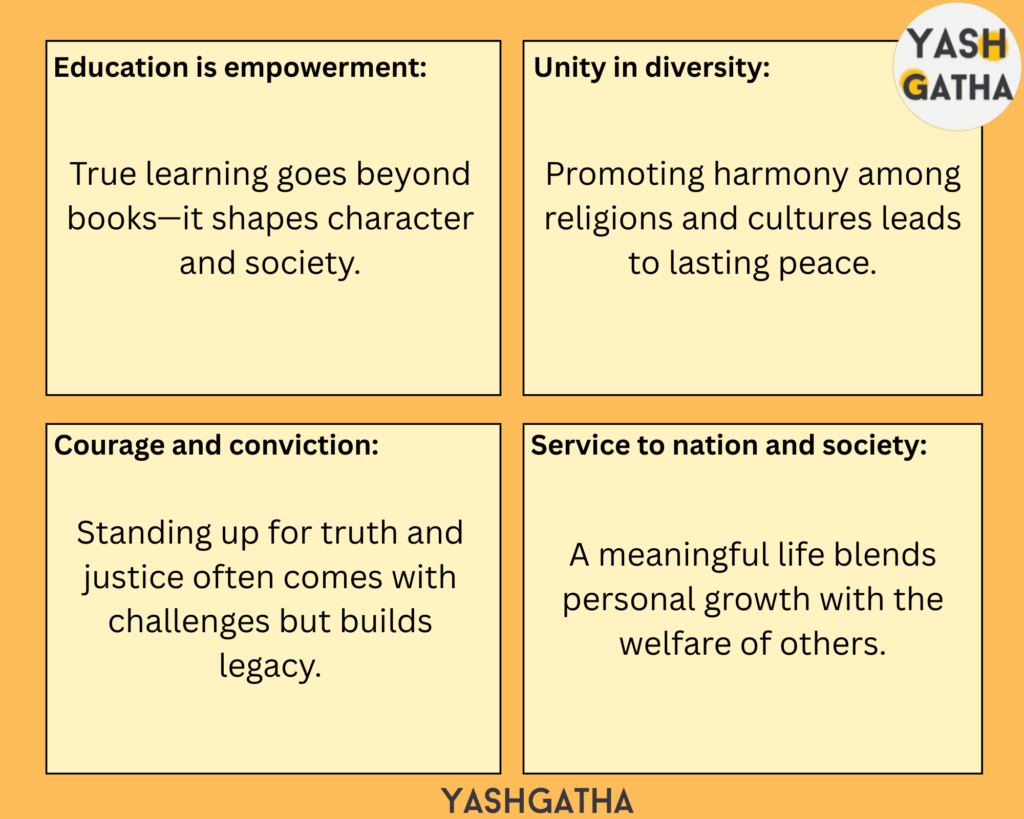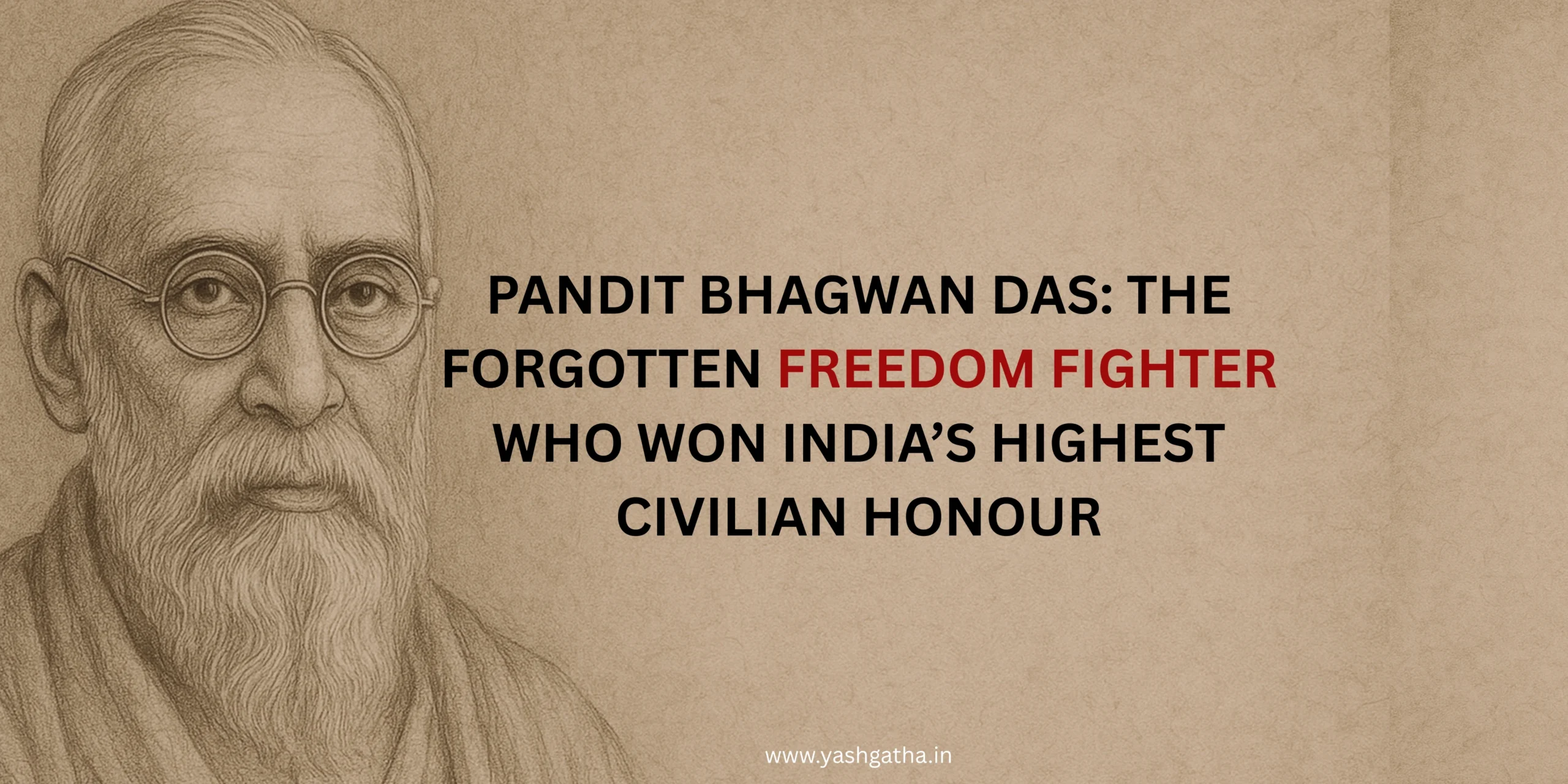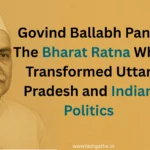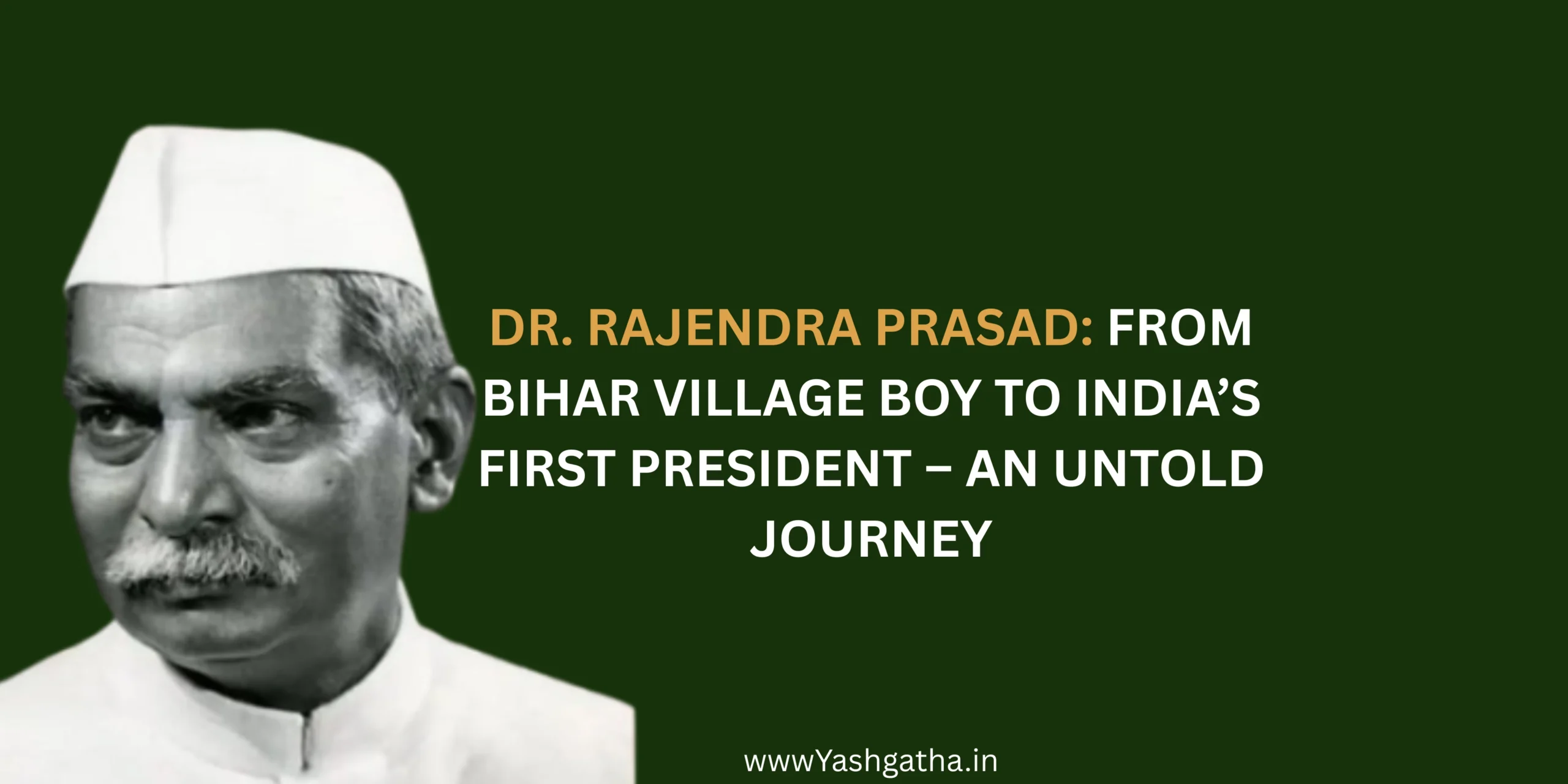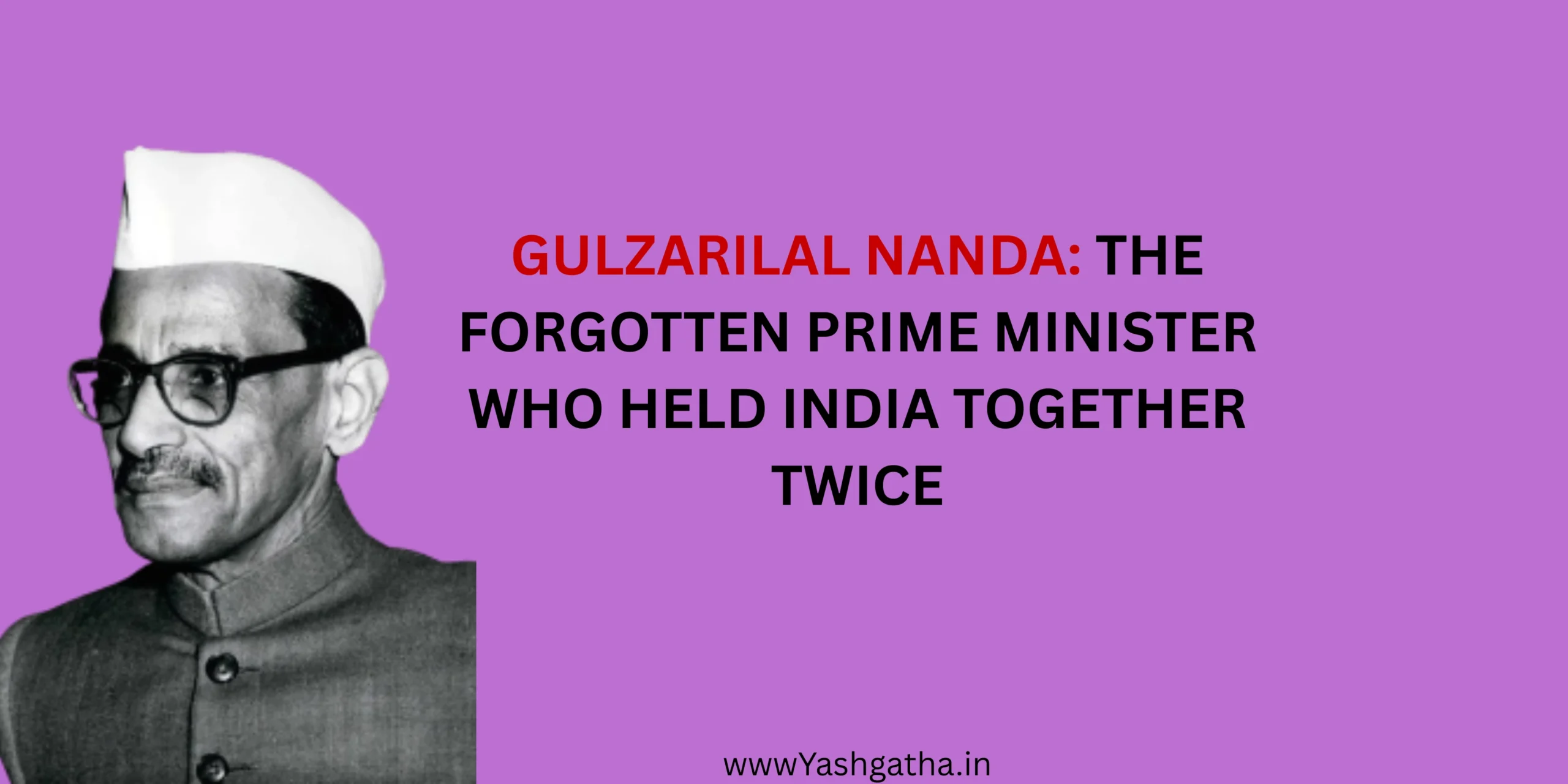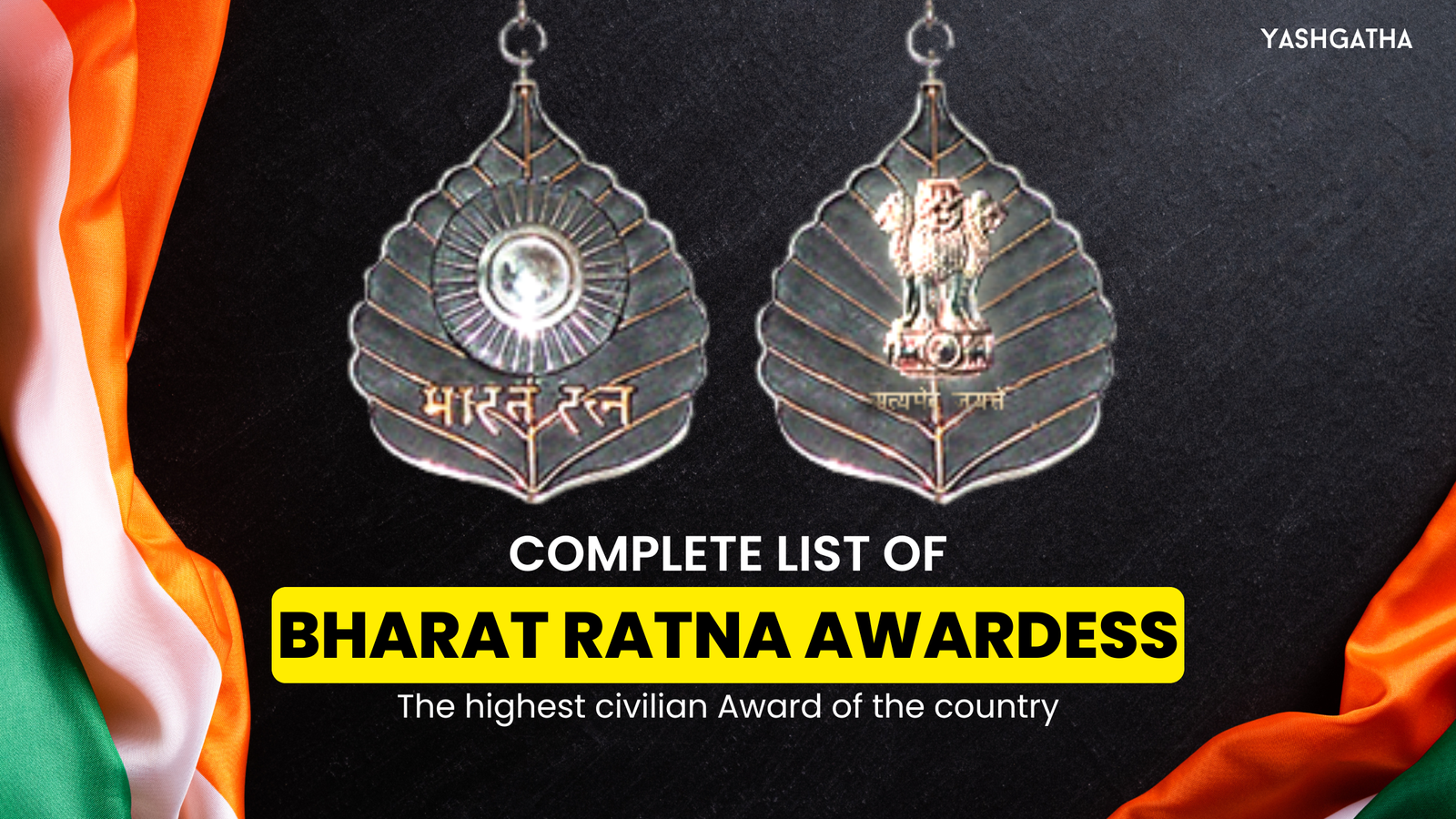Pandit Bhagwan Das (12 January 1869 – 18 September 1958) was a renowned Indian philosopher, educationist, freedom fighter, and theosophist, born in the holy city of Varanasi, Uttar Pradesh. A deep thinker and prolific writer, he dedicated his life to the study of Indian philosophy, spirituality, and the essential unity of all religions. As a close associate of Annie Besant, he co-founded the Kashi Vidyapith in 1921, one of the earliest nationalist educational institutions, which became a cradle for India’s freedom movement.
Bhagwan Das actively supported the Indian National Congress and the Home Rule Movement, for which he was imprisoned by the British during the struggle for independence. His writings, including The Science of Peace, The Science of Social Organisation, and The Essential Unity of All Religions, influenced generations of thinkers and reformers in India and abroad.
In recognition of his lifelong contributions to education, literature, philosophy, and national service, he was awarded the Bharat Ratna in 1955, India’s highest civilian honor. Revered as both a scholar and a patriot, Bhagwan Das believed that true education was not just the acquisition of knowledge, but the awakening of moral strength and national unity. His famous words, “The essential unity of all religions is the only path to peace and harmony in the world,” continue to inspire seekers of truth and harmony to this day.
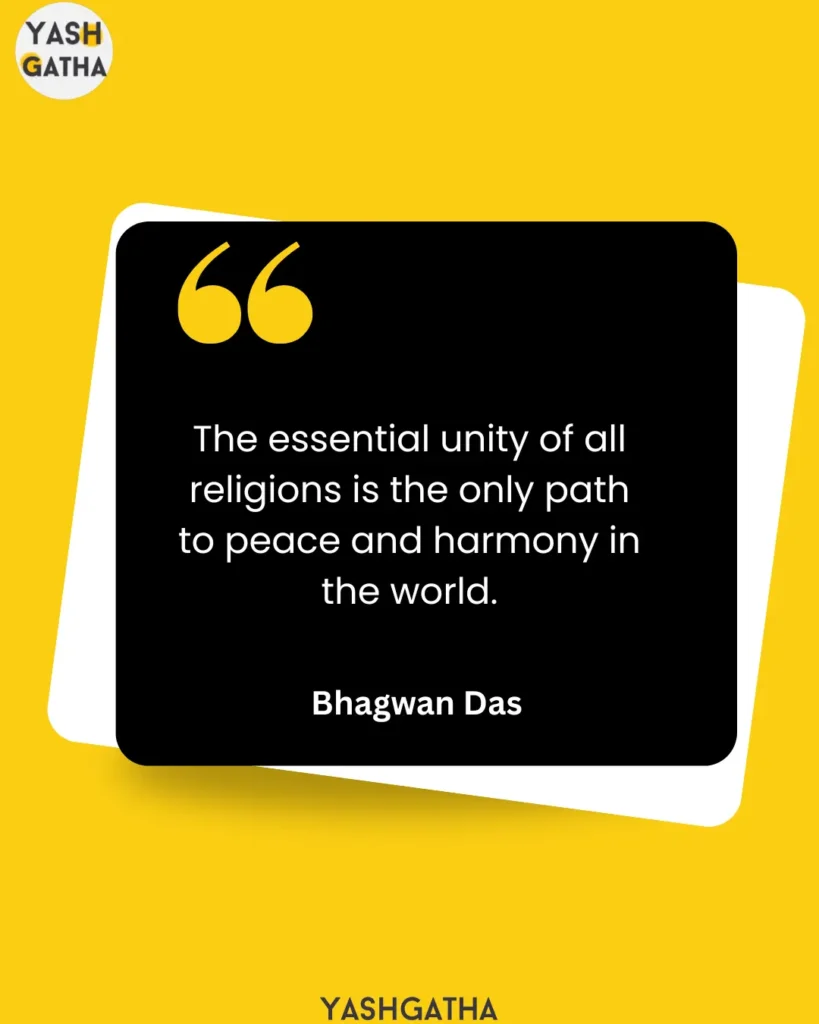
Pandit Bhagwan Das (1869–1958) was a philosopher, freedom fighter, educationist, and co-founder of Kashi Vidyapith. A close associate of Annie Besant and a strong supporter of India’s independence, he blended spirituality with social reform. In 1955, he was honored with the Bharat Ratna, India’s highest civilian award, for his remarkable contributions to literature, philosophy, and education. Despite his immense influence, his story remains lesser-known — a tale of wisdom, courage, and unity waiting to be rediscovered.
Early Life & Challenges :
Pandit Bhagwan Das was born on 12 January 1869 in the spiritual heart of India, Varanasi, Uttar Pradesh. Growing up in a traditional yet intellectually stimulating environment, he was exposed early to the richness of Indian philosophy, scriptures, and culture. His family valued learning, which gave him access to education at a time when colonial influence was shaping India’s educational and cultural landscape.
From a young age, Bhagwan Das showed a deep interest in spirituality, philosophy, and social reform. While most children of his age were occupied with ordinary studies, he immersed himself in religious texts and the pursuit of truth. This passion, however, came with challenges.
During his youth, India was under British colonial rule, and native systems of knowledge were often marginalized. Western education dominated the landscape, while Indian philosophy and culture were treated as outdated. For someone like Bhagwan Das, who believed in the richness of Indian thought, this was a major struggle. He had to constantly balance the world of Western rationalism with the spiritual wisdom of the East.
Another challenge he faced was his decision to join the Theosophical Society, where he worked closely with Annie Besant. At a time when joining such movements invited criticism from orthodox circles as well as suspicion from the British government, Bhagwan Das remained steadfast in his conviction. His belief in the essential unity of all religions often clashed with rigid sectarian attitudes, making his journey both intellectually and socially challenging. Despite these hurdles, he emerged stronger. His ability to blend Indian traditions with modern education, while advocating for national awakening, made him one of the most respected thinkers of his time. These early struggles laid the foundation for his future role as a freedom fighter, philosopher, and educationist who shaped the course of modern India.
The Turning Point :
Pandit Bhagwan Das’s life was marked by several pivotal moments that shaped his journey as a philosopher, educationist, and freedom fighter. These turning points not only defined his personal growth but also had a profound impact on India’s spiritual and educational landscape.
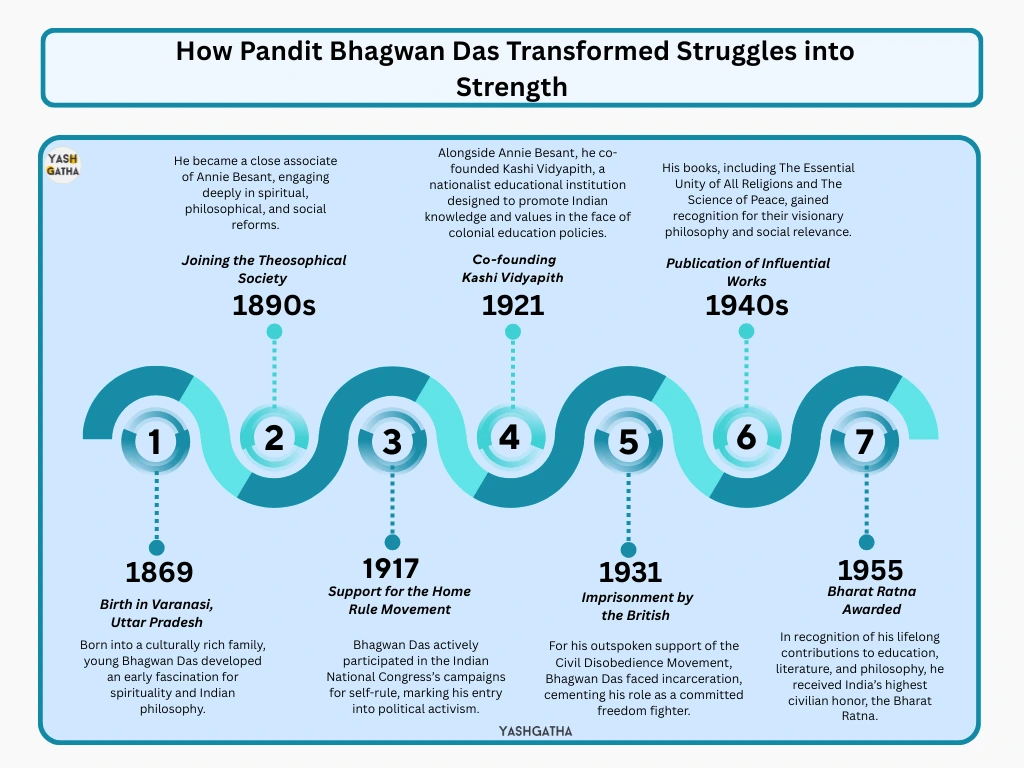
Key Turning Points:
- Early exposure to Indian philosophy sparked his lifelong mission for spiritual unity.
- Collaboration with Annie Besant opened doors to national education and reform movements.
- Imprisonment strengthened his resolve for India’s independence and social awakening.
- Receiving the Bharat Ratna solidified his legacy as a national thinker and visionary.
The Recognition & Award :
Pandit Bhagwan Das’s lifelong dedication to education, philosophy, and national service earned him the highest accolades. In 1955, he was awarded the Bharat Ratna, India’s most prestigious civilian honor, recognizing his contributions to literature, spirituality, and the freedom movement.
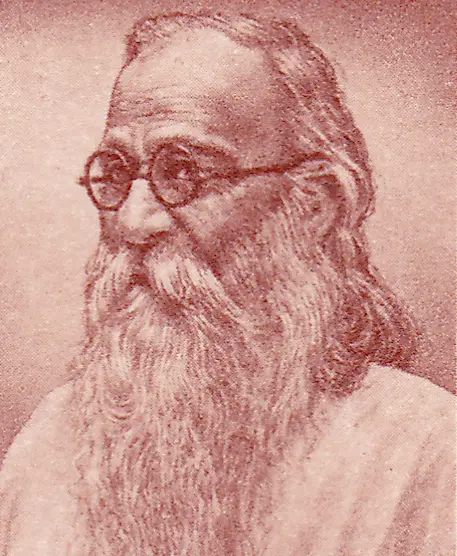
What Changed After the Awards :
After receiving the Bharat Ratna in 1955, Pandit Bhagwan Das’s legacy and influence reached new heights. His recognition brought attention to his lifelong work in education, philosophy, and social reform. Key changes include:
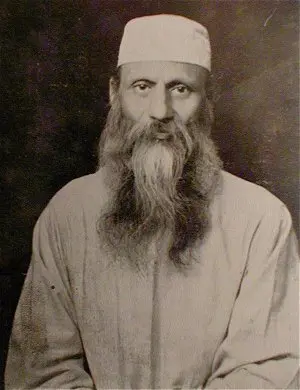
credit:bharatdiscovery.org
- Global Recognition of His Writings
His books, especially The Essential Unity of All Religions, gained wider readership internationally, inspiring scholars, philosophers, and spiritual seekers. - Strengthening of Kashi Vidyapith
The university he co-founded became more prominent, attracting students committed to national values and cultural education. - Influence on Interfaith Dialogue
His philosophy of the unity of religions began to guide discussions on spirituality, tolerance, and harmony both in India and abroad. - Inspiration for Freedom Fighters & Educators
His life story motivated new generations of educators, reformers, and social activists to merge learning with service to the nation. - Enduring Legacy in Indian Philosophy
Recognized as a pioneer in blending traditional Indian thought with modern education, his ideas continue to resonate in contemporary debates on education, spirituality, and social reform. - Increased Public Awareness
Media coverage, biographies, and educational materials highlighted his contributions, ensuring that his role in shaping modern India is remembered.
yashgatha Takeaways :
